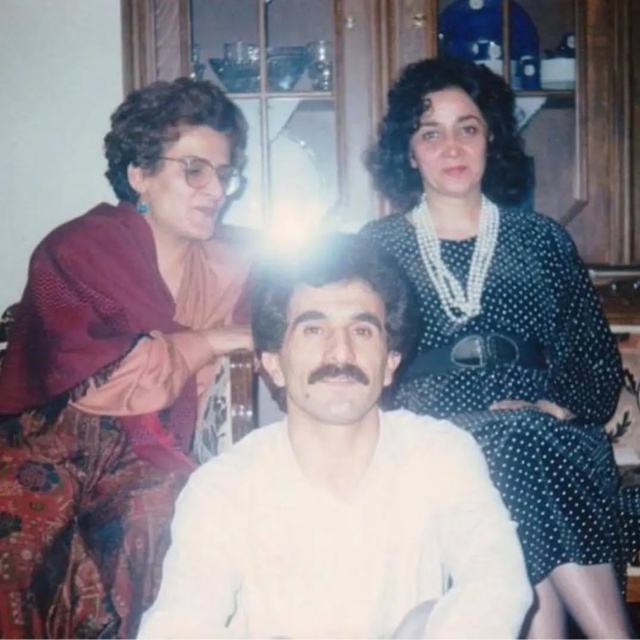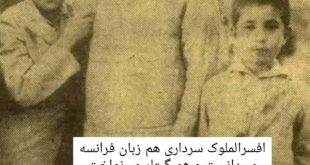In many ways, Touba functions as Parsipur’s alternative national history — one told not through kings and wars, but through the inner lives of women. Parsipur’s fiction resists easy classification. It is political yet poetic, realistic yet allegorical, deeply yet universal. Female autonomy and spiritual awakening — her characters often undergo mystical journeys toward self-realization. Body and sexuality — presented not as taboo, but as sources of power and knowledge. Exile and belonging — the ache of displacement and the search for home, both physical and spiritual.
Myth and history — she reinterprets ancient Persian symbols through a modern feminist lens. Stylistically, Parsipur blends magical realism, mythic allegory, and psychological realism. Her use of dream imagery and nonlinear time mirrors both the fluidity of memory and the oppression of lived experience. In the 1990s, Parsipur left Iran permanently and settled in the United States. Living first in California and later on the East Coast, she continued to write, lecture, and participate in international literary festivals.


